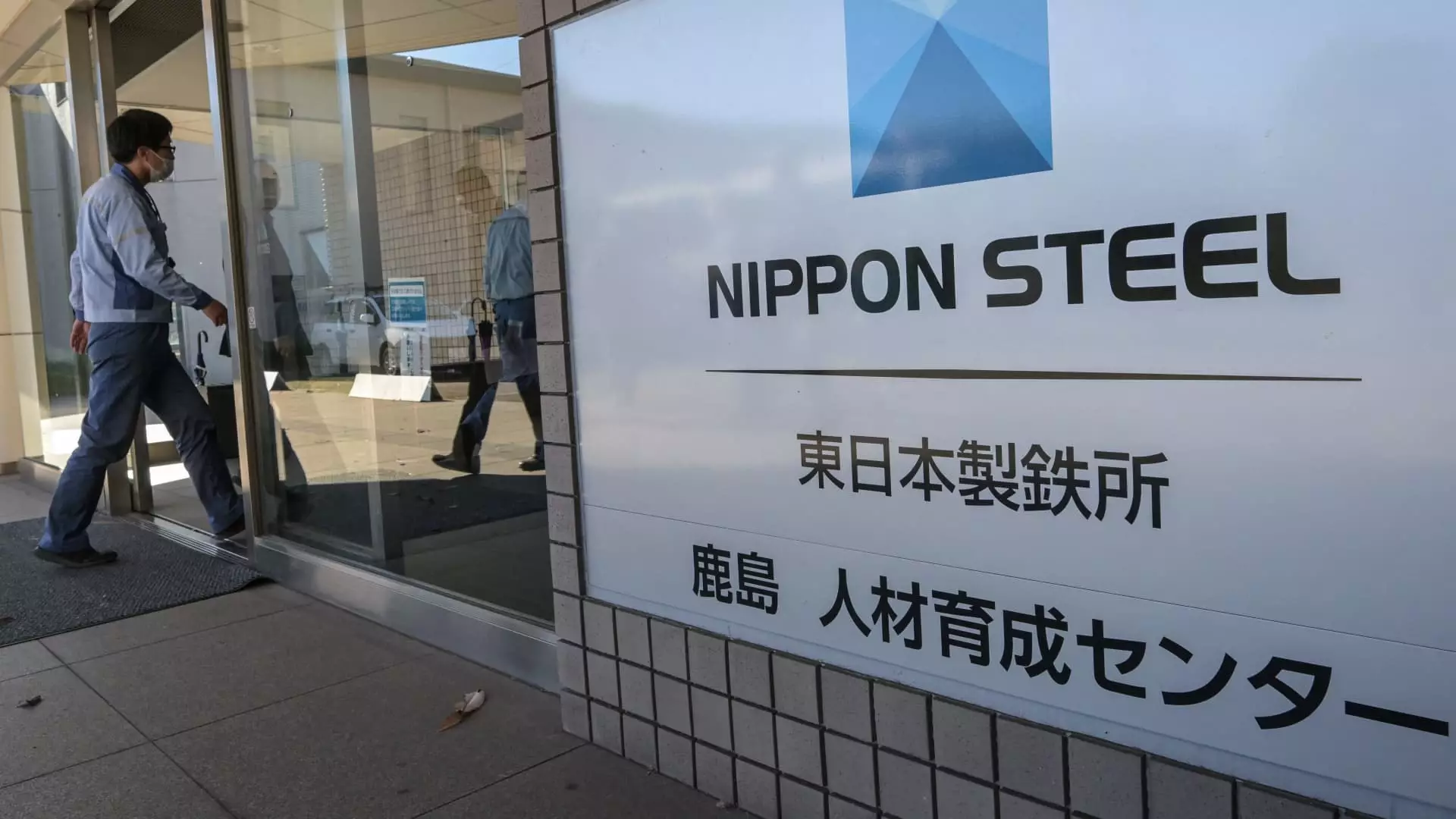In a significant move that underscores the intersection of foreign investment and national security, U.S. President Joe Biden has chosen to block Nippon Steel’s $14.9 billion takeover bid for U.S. Steel. This decision, as reported by The Washington Post, reflects careful deliberation surrounding the implications of foreign acquisition on critical American industries. The announcement, expected to be made public imminently, amplifies ongoing debates about safeguarding domestic enterprises against external control.
The bid was subject to extensive scrutiny by the Committee on Foreign Investment in the United States (CFIUS), which failed to reach a consensus on the matter. When the issue was escalated to President Biden on December 23, the decision faced a 15-day window for approval or rejection. This timeframe prompted Nippon Steel to adjust the deal’s deadline, extending it to the first quarter of 2025—a strategic move reflecting uncertainty about the deal’s outcome.
CFIUS expressed significant concerns about the potential repercussions of Nippon Steel controlling U.S. Steel’s production capabilities. The apprehension was predicated on the belief that a reduction in output could disrupt supply chains critical to national security, leading to shortages detrimental to American interests. This evaluation is a stark reminder of how intertwined corporate decisions are with national priorities.
In a bid to alleviate concerns, Nippon Steel proposed several concessions. These included provisions to maintain U.S. Steel’s headquarters in Pittsburgh and ensure that its board of directors comprised U.S. citizens. Notably, Nippon Steel even offered to cede veto power over any production cutbacks to the U.S. government. Despite these commitments and the overwhelming backing from U.S. Steel shareholders—who voted favorably on the acquisition—Biden’s administration remained steadfast in its refusal to proceed.
U.S. Steel President and CEO David B. Burritt highlighted the stockholders’ support as an endorsement of the transaction. Such backing might typically carry weight in negotiations, but in this instance, it was not perceived as sufficient to allay governmental fears. The rejection illustrates that national interest often supersedes corporate profitability in the eyes of policymakers.
Biden’s stance is aligned with a broader political sentiment that champions American manufacturing and domestic control over key industries. This perspective has found voices beyond the current administration; the likes of former President Donald Trump have also publicly opposed mergers that risk transferring vital assets to foreign entities. Trump’s vehement opposition, voiced through social media, reinforces a growing trend among U.S. politicians advocating for an ‘America First’ policy in industry.
Such political dynamics reflect a growing anxiety regarding dependency on foreign nations for essential goods. With U.S. industries facing competitive pressure, particularly from overseas counterparts, this decision emphasizes a commitment to maintaining American sovereignty in manufacturing. The implications reach far beyond the immediate transaction, potentially setting a precedent for future foreign investments in critical sectors.
As the dust settles on this monumental decision, the future of U.S. Steel is likely to become a focal point for discussions surrounding innovation and industry competitiveness. The firm must now consider alternative strategies for growth and modernization independent of foreign investments.
On the other hand, the rejection of the takeover could prompt international companies to reevaluate their acquisition strategies in the U.S., especially within sectors deemed crucial to national security. This situation may foster a chilling effect on foreign investments in the American market, as potential deals could face intensified scrutiny.
President Biden’s decision to block Nippon Steel’s takeover of U.S. Steel serves as a pivotal moment in the ongoing discourse about foreign influence on American industry. It illustrates the complexities of balancing economic benefit against national security concerns, reflecting broader sentiments about American independence in an increasingly globalized economy. The dynamics at play will likely shape the landscape for future foreign investments, as stakeholders adapt to a new environment marked by rigorous scrutiny and advocacy for domestic control.


Leave a Reply